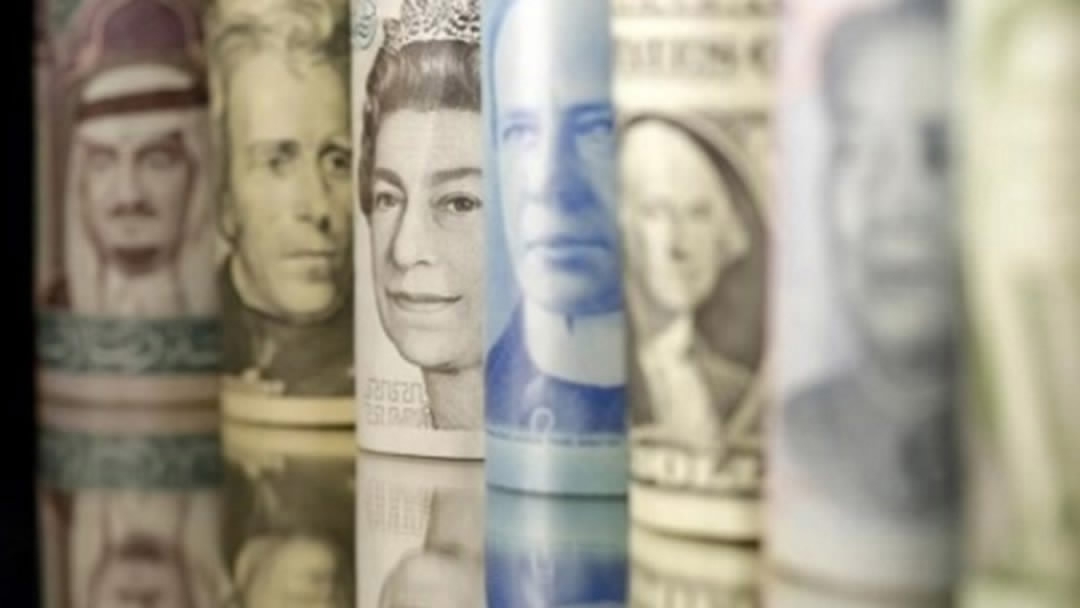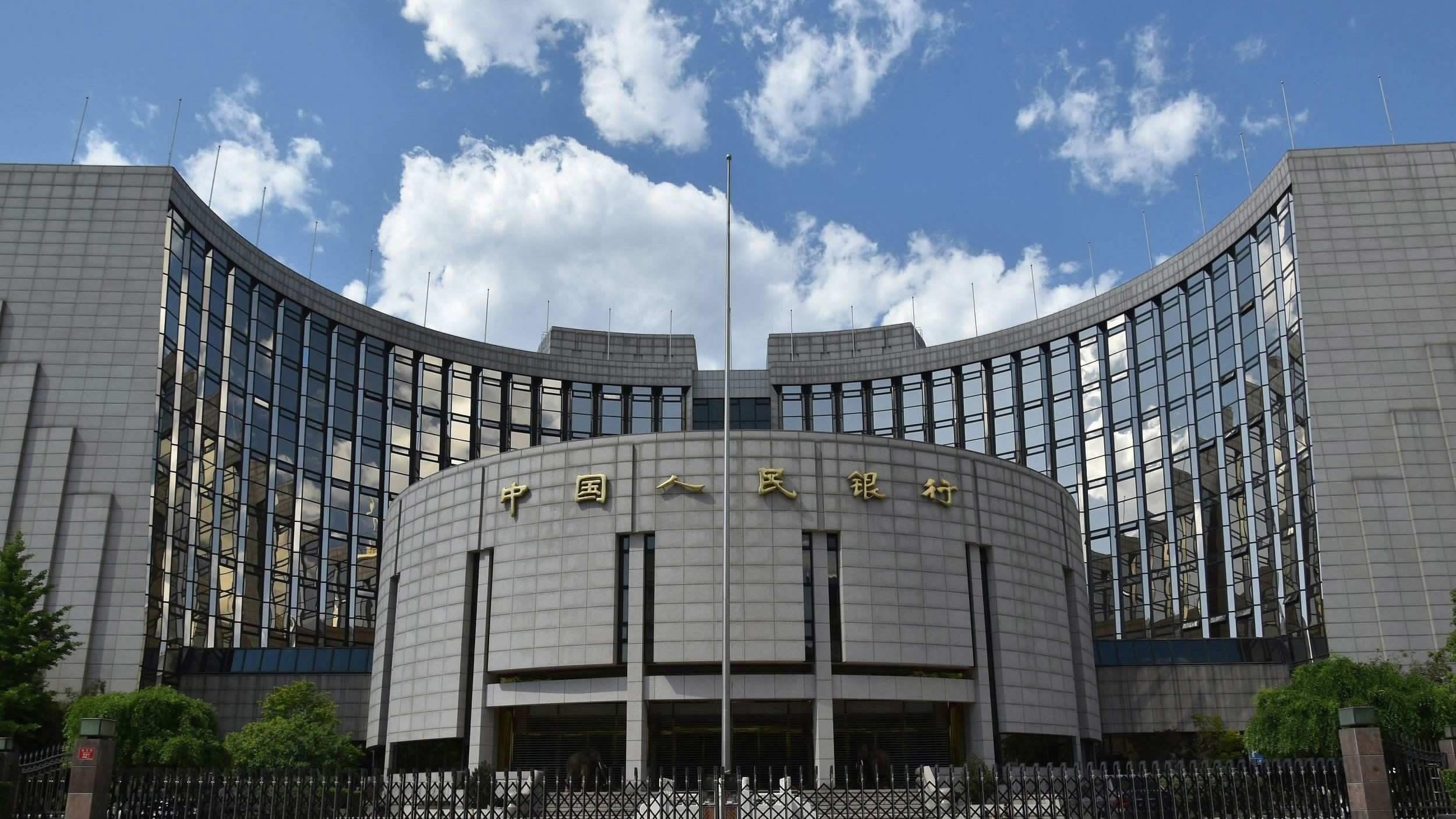
Business
08:20, 08-Feb-2018
China Jan. forex reserves rise for 12th month as yuan rallies
CGTN

China’s foreign exchange reserves rose for a 12th straight month in January as further gains in the yuan currency and tighter regulations continued to discourage capital outflows.
A pick-up in China’s economic growth and some progress in the government’s campaign to rein in financial risks have also helped bolster confidence in its currency, while new channels for foreign investors to invest money onshore have helped increase inflows.
Reserves rose by 21.5 billion dollars in January to 3.161 trillion dollars, compared with an increase of 20.2 billion dollars in December, central bank data showed on Wednesday.

The People's Bank of China in Beijing /VCG Photo
The People's Bank of China in Beijing /VCG Photo
It was the first time that China’s reserves have climbed for 12 months in a row since June 2014, and brought its stockpile-the world’s largest-to the highest since September 2016.
The State Administration of Foreign Exchange (SAFE) said China’s foreign exchange reserves will remain stable overall as cross-border capital flows become more balanced.
Appreciation of China’s holdings of non-US dollar currencies and changes in asset prices were the main international factors leading to the increase in January reserves, SAFE said.
Capital flight was seen as a major risk for China at the start of 2017, but a combination of tighter capital controls and a faltering dollar helped the yuan stage a strong turnaround, restoring confidence in the economy.
China’s reserves rose for the first time last year since 2014. They had slumped nearly one trillion dollars to 2.998 trillion dollars by January 2017 as authorities sought to shore up the yuan and reduce potentially destabilizing capital outflows.
Last year was a turning point as China’s cross-border capital flows went from net outflows to basically stable, SAFE spokeswoman Wang Chunying told reporters in January.
In 2017, the yuan rose around 6.8 percent against the greenback, reversing three straight years of depreciation.
It appreciated a further 3.5 percent in January, its best monthly performance since 1994, according to Thomson Reuters data.
Despite stable capital flows, policy sources said they don’t expect any significant relaxation of capital controls, even as the yuan rebounds.
Authorities have continued to introduce new measures, including requiring local firms to report larger investments through offshore units and limiting the amount of cash that Chinese can withdraw using bank cards when they are overseas.
The value of China’s gold reserves rose to 79.675 billion dollars at the end of January, from 76.47 billion dollars at end-December.
4km
Source(s): Reuters

SITEMAP
Copyright © 2018 CGTN. Beijing ICP prepared NO.16065310-3
Copyright © 2018 CGTN. Beijing ICP prepared NO.16065310-3